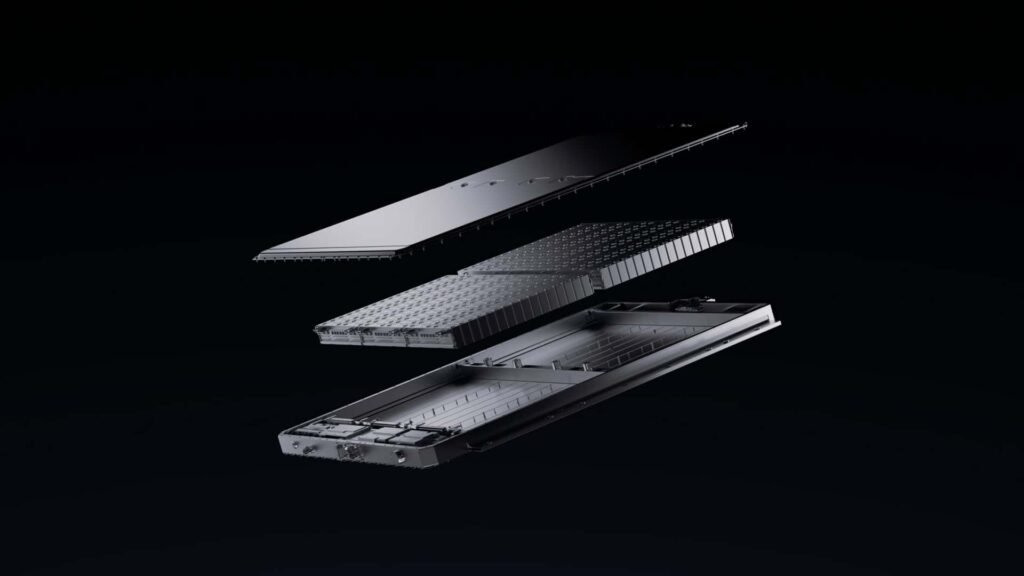LG Energy Solution has recently completed the construction of a new battery plant in Holland, Michigan, with a focus on producing lithium iron phosphate (LFP) batteries for energy storage systems. This $1.4 billion expansion not only caters to the energy storage sector but also holds promising implications for the electric vehicle (EV) market.
The shift towards LFP technology in the U.S. is significant, especially considering that China has been leading in this area. However, with a growing number of companies in the U.S. showing interest in manufacturing LFP batteries locally, it marks a potential resurgence of this technology in the American market.
The newly inaugurated plant in Michigan is an extension of LG Energy Solution’s existing battery factory, which already supplies lithium-ion batteries to major automakers like General Motors, Honda, and Hyundai. The expansion will focus on producing batteries for energy storage systems, showcasing the versatility and potential applications of LFP technology.
Energy storage systems play a vital role in areas with limited EV charging infrastructure, where batteries can be replenished with renewable energy sources like solar and wind power. These batteries can then be utilized to charge EVs, provide backup power to homes, and even stabilize the grid during emergencies.
Bob Lee, President of LG Energy Solution North America, highlighted the versatility of energy storage systems, stating that they can be deployed in any location where energy is being used. This flexibility opens up numerous opportunities for utilizing ESS batteries across various sectors, indirectly benefiting the EV market as well.
LFP batteries offer several advantages, including lower manufacturing costs, reduced reliance on rare earth materials, and improved thermal stability, making them ideal for energy storage applications. While historically less energy-dense than traditional nickel manganese cobalt (NMC) batteries, advancements in LFP technology have narrowed the gap, with LFP batteries accounting for a significant portion of EV sales in China.
In response to the growing demand for LFP batteries, companies like LG Energy Solution and Samsung SDI are planning to manufacture these batteries for EVs in the U.S. Ford is also investing in building a dedicated facility, the BlueOval Battery Park Michigan, to produce LFP batteries for its EV lineup, emphasizing the importance of onshoring this technology.
LG Energy Solution’s strategic shift towards LFP batteries aligns with the company’s broader expansion plans in the U.S., with multiple operational and upcoming plants across the country. This move not only caters to the growing demand for energy storage solutions but also positions the company to adapt to changing trends in the EV market.
As the EV industry continues to evolve, the integration of LFP technology into battery production signifies a step towards more sustainable and cost-effective electric vehicles. By leveraging the benefits of energy storage systems and investing in local manufacturing capabilities, companies like LG Energy Solution are driving innovation and growth in the EV ecosystem.

